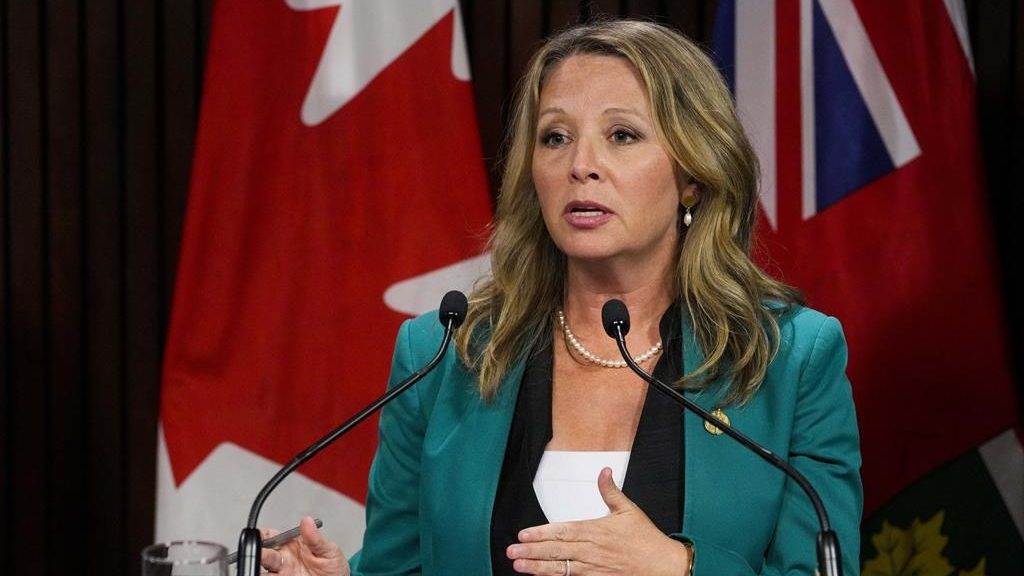Ugandan activists secretly publish anti-government books despite crackdown
Posted Jul 30, 2013 07:16:57 AM.
This article is more than 5 years old.
KAMPALA, Uganda – The police officers who interrogated Norman Tumuhimbise wanted to know who was the devil in the title of the book he wrote.
The opposition activist, who attacks Uganda’s long-serving President Yoweri Museveni as a traitor in “Behind the Devil’s Line,” told his questioners to read the book and find out for themselves, a guarded response that has earned him multiple sessions with detectives who accuse him of defaming the president.
Amid a crackdown on street protesters who are trying to spark a wider movement against Museveni, some local activists are writing and distributing books that they hope can be as effective as placards carried on a street.
Museveni, who took power by force in 1986 and then promised to reform the country’s violent politics is now one of Africa’s longest-serving leaders and a dictator in the eyes of some.
“The devil, to be frank, is the president,” Tumuhimbise, a member of the opposition Forum for Democratic Change party, said Tuesday. “The longer Museveni stays in power, the more he becomes a liability to this country.”
Tumuhimbise’s book has been rejected by local bookstores, he said, forcing him to carry around copies that he sells to trusted agents because he is concerned that the state intends to buy all printed copies and destroy them. In the book he accuses Museveni of what he calls “arrogance and big-headedness” and likens him to the late Libyan leader Col. Moammar Gadhafi.
Ofwono Opondo, a government spokesman, said the activist’s book was a work of propaganda that did not deserve wide readership.
“I am saying that if demonizing the president can help him build his profile, then he will not be the first one. He’s joining a long list of people,” Opondo said, referring to the activist.
Museveni, who won re-election in 2011, is increasingly accused by some old allies of betraying the ideals for which he waged a successful bush war against former dictators. Some accuse him of wanting to rule for life and of encouraging corruption that benefits his cronies while most Ugandans remain poor.
The country’s security forces have launched a crackdown against street protesters in the capital, Kampala, often using tear gas and live ammunition to disperse opposition supporters. Last week police restricted the movements of the mayor of Kampala, an opposition politician who is a fierce critic of Museveni, as well as Kizza Besigye, a three-time presidential candidate. Police say their tactics are justified in order to maintain public order.
John Kazoora, a retired army officer who wrote of Museveni’s alleged duplicity in a book condemned by some of the president’s associates, said Museveni has “made a complete U-turn and it’s a betrayal.” He said he believed most of the 16,000 copies of his self-published book had been bought by state agents who likely destroyed them.
“The books were quickly bought,” he said. “It’s now difficult to get a copy.”
Uganda, which is about to become one of Africa’s major oil producers, has not had a peaceful transfer of power since independence from Britain in 1962. Some critics believe Museveni is grooming his son — an army brigadier who now is in charge of Uganda’s special forces — to become the East African country’s next president.
The allegation was recently given credence when a four-star army general demanded an official inquiry into reports that high-ranking government officials were at risk of assassination if they opposed the rise of Museveni’s son. That general has since defected to London and faces arrest if he returns to Uganda.










